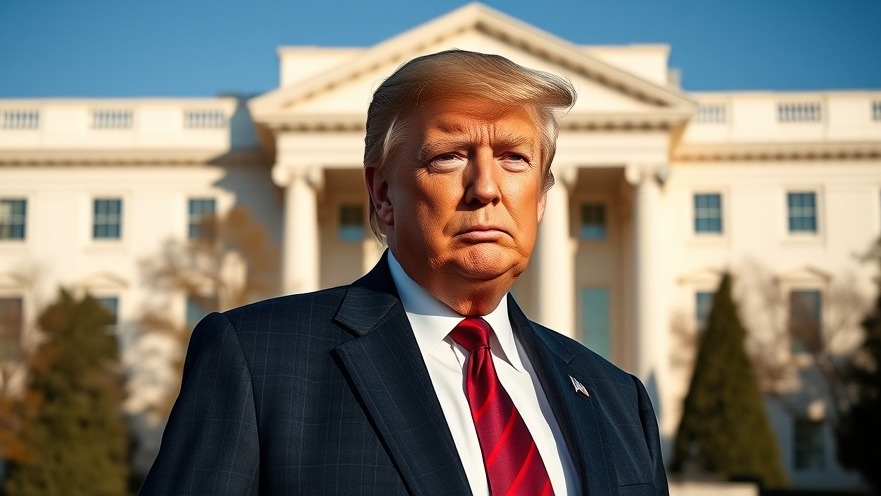
Trump's Decision Sparks Debate Over Israeli-Iran Relations
On June 23, 2025, a significant shift occurred in the landscape of Middle Eastern politics as former President Donald Trump announced a ceasefire between Israel and Iran. This development followed the destruction of Iran's nuclear program, a move that many, including Ohio Senator J.D. Vance, celebrated as a crucial turning point in U.S. and Middle Eastern relations.
Vance described the 12-day conflict and subsequent resolution as an "important reset moment" for the region, emphasizing that this could lead to stability and a cooperative framework among Middle Eastern nations. His comments come against a backdrop of shifting alliances, where the U.S.'s role as a mediator is being re-evaluated in light of these recent events.
Historical Context: The Long-Standing Tensions
The tumultuous relationship between Israel and Iran has historical roots that extend back decades, characterized by hostilities and aggressive posturing. Iran's nuclear ambitions have long been a point of contention for Israel, which sees a nuclear-capable Iran as a direct threat. The U.S.'s involvement, particularly in negotiations and sanctions aimed at curbing Iran's nuclear development, has been inconsistent over the years, contributing to a cycle of animosity and mistrust.
Social Impacts of Military Action
Military interventions often have profound social repercussions. In this instance, Trump's aggressive stance against Iran's nuclear capabilities might remove an immediate threat but could also escalate tensions further in the region. Civilians in both countries remain vulnerable to the repercussions of military action, as geopolitical strategies often prioritize national security over the human cost of warfare.
The Global Perspective on U.S. Actions
Internationally, Trump's decision has drawn mixed reactions. Some allies praise the U.S. for taking decisive action against what they perceive as an existential threat to global security. Others, however, condemn the unilateral approach that bypasses diplomatic negotiations. This division is indicative of a broader debate about America’s role in global military interventions and the ramifications of such decisions.
Future Predictions: What Lies Ahead?
Moving forward, the impact of this ceasefire and destruction of nuclear sites could lead to a rebalancing of power in the Middle East. Analysts predict that if the ceasefire holds, it could open doors for further diplomatic engagements between Israel and other Arab nations, potentially leading to a broader peace agreement. Yet, the question remains: will Iran respond with caution or retaliate in a way that further complicates the situation?
Calls for Caution Among Leaders
Political leaders around the globe are urging caution. Critics of Trump's approach warn against the dangers of appearing to seek dominance through military might rather than thoughtful diplomacy. As tensions remain high, and with nuclear capabilities in play, the global community is watching closely. The balance between military action and diplomatic discourse continues to be a crucial discussion point as the world seeks to navigate these complex relationships
The Role of Public Opinion in Foreign Policy
The sentiment of the American public plays a pivotal role in shaping foreign policy decisions. As news of military actions unfolds, public reaction can influence political leaders and their willingness to maintain or alter foreign relations strategies. Understanding public sentiment towards actions like those taken against Iran is vital for leaders who seek to pursue an agenda aligned with the interests of their constituents.
As the situation develops, it is essential for citizens to remain informed and engaged. The consequences of foreign policy decisions extend beyond the immediate geopolitical landscape, affecting countless lives.
Final Thoughts and The Call to Action
In this critical moment, individuals must prioritize staying informed about national and international developments, acknowledging that each decision made on the global stage impacts lives at home and abroad. Engage in discussions and educate yourself on the complexities of international relations; doing so can empower you to voice your opinions about the direction of U.S. foreign policy.
Stay updated with the latest breaking news and analysis by following trusted news outlets. Your engagement matters, and being well-informed is critical to participating meaningfully in democracy.
 Add Element
Add Element  Add Row
Add Row 



 Add Row
Add Row  Add
Add 


Write A Comment